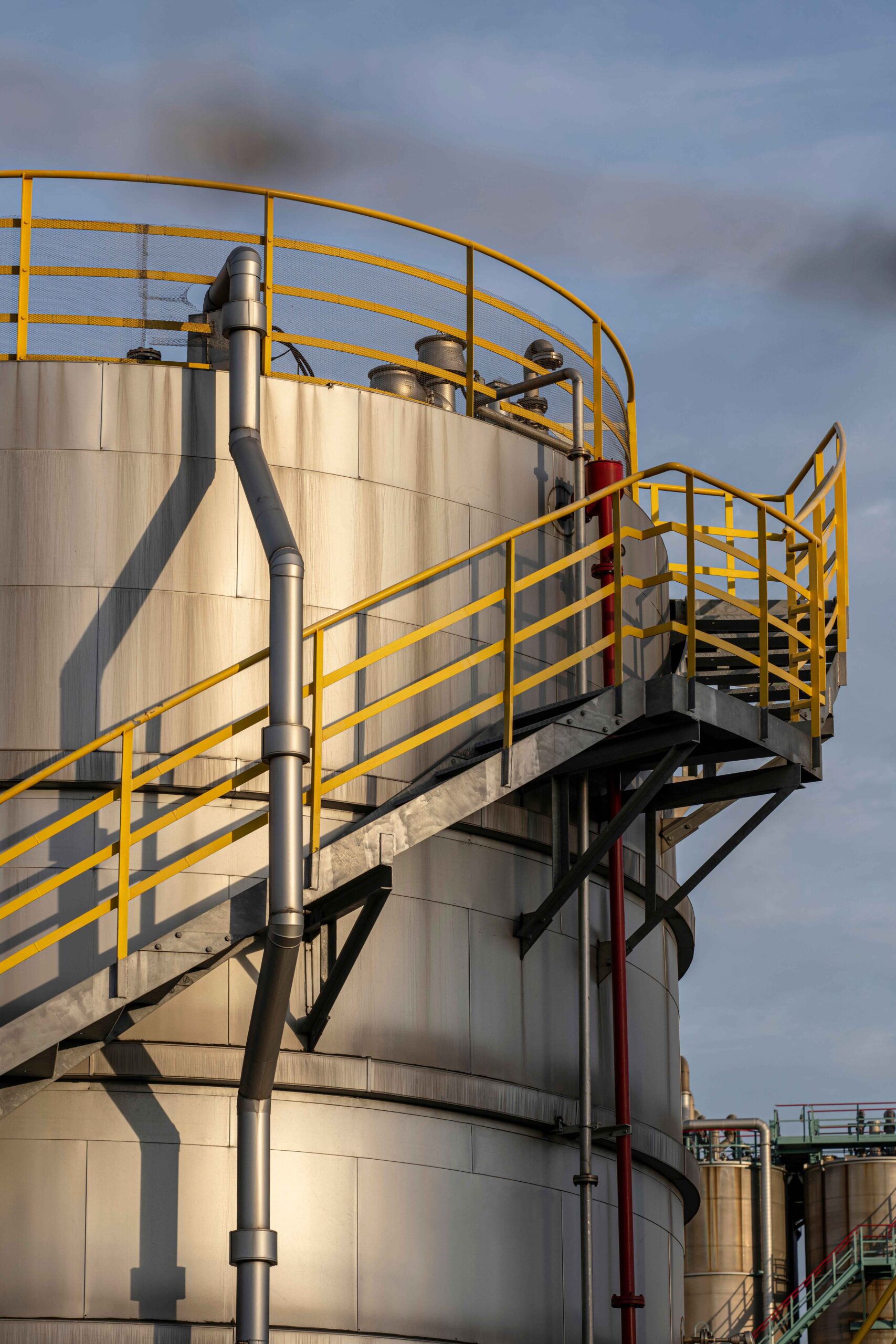The Future of Chemical Trading: Key Market Dynamics and Opportunities
The chemical trading industry is undergoing rapid transformation as technological advancements, shifting global dynamics, and evolving regulatory frameworks influence market behavior. With chemicals playing a vital role across multiple industries—ranging from energy and automotive to pharmaceuticals and agriculture—the future of chemical trading offers numerous opportunities and challenges. This article explores key market dynamics shaping the future of chemical trading and identifies emerging opportunities for traders.
Key Market Dynamics Shaping the Future of Chemical Trading
- Global Supply Chain Realignment
The chemical industry has seen its supply chains become increasingly interconnected and globalized. However, recent disruptions, such as the COVID-19 pandemic and trade tensions, have led to a reevaluation of supply chain resilience. Companies are diversifying sourcing strategies, regionalizing production, and exploring new trade routes. Traders must be agile and adaptive, closely monitoring any changes in global trade policies, logistics, and international relations that may impact chemical flows. - Sustainability and Green Chemistry
The global shift towards sustainability is reshaping the chemical market. Increasing consumer and regulatory demand for eco-friendly products is prompting the rise of “green chemistry”—the development of processes that reduce the environmental impact of chemicals. Innovations in bio-based chemicals, recycling technologies, and low-carbon production methods are opening up new trading opportunities in the sustainable chemicals sector. Traders who are well-versed in sustainability trends and regulations can gain a competitive edge in this fast-growing market. - Technological Advancements in Chemical Manufacturing
The continued evolution of automation, artificial intelligence (AI), and data analytics is transforming how chemicals are produced, traded, and transported. Smart factories, digital supply chains, and predictive analytics are enhancing efficiency and reducing costs across the value chain. For traders, technology is enabling better forecasting, market intelligence, and decision-making. Those who integrate advanced technologies into their trading strategies will be better positioned to capitalize on market opportunities and mitigate risks. - Changing Energy Landscape
As the world moves toward renewable energy and decarbonization, traditional chemical producers are facing pressure to reduce their carbon footprints. This transition presents a shift in feedstock sourcing, with renewable and sustainable materials becoming more prominent. The impact on petrochemical production, as well as chemical pricing dynamics, is something traders must closely monitor. The interplay between oil, natural gas, and bio-based feedstocks will dictate market trends for years to come. - Regulatory and Trade Policy Changes
Governments around the world are implementing stricter environmental regulations, including carbon taxes, emissions caps, and waste management laws. Chemical traders will need to stay informed about regulatory changes and adapt their strategies accordingly. In addition, shifting trade policies, tariffs, and sanctions are likely to continue influencing the flow of chemicals. Keeping a close eye on international trade agreements and regional pacts will be essential for traders navigating the complex global landscape.
Emerging Opportunities in Chemical Trading
- Bio-Based and Circular Economy Chemicals
As sustainability gains importance, bio-based chemicals derived from renewable resources are expected to become a key growth area. Additionally, the circular economy—where waste is minimized and resources are reused—presents new opportunities in chemical recycling and the reuse of industrial by-products. Traders who position themselves in these sectors will be able to tap into the growing demand for sustainable and environmentally-friendly chemicals. - New Markets and Geographies
Emerging markets, particularly in Asia-Pacific, Africa, and Latin America, are expected to experience robust growth in chemical demand due to rapid industrialization, urbanization, and population growth. Traders looking to expand their portfolios should consider exploring these regions. By establishing a presence or forming partnerships in these markets, traders can capitalize on untapped potential and gain first-mover advantage in high-growth areas. - Smart Manufacturing and Digital Trade
The integration of digital technologies in chemical manufacturing is unlocking new avenues for trading. Smart manufacturing facilities, enhanced by AI and IoT (Internet of Things), will allow for better demand forecasting, reduced downtime, and optimized production processes. Additionally, digital trading platforms and blockchain technologies are facilitating faster, more transparent transactions. Traders who embrace these technologies will have improved access to data, efficiency, and market opportunities. - Partnerships and Collaborations in Innovation
As the chemical industry moves toward innovation, partnerships between chemical producers, technology providers, and sustainability-focused organizations are becoming more common. Traders can explore collaboration opportunities within these partnerships, whether it’s through joint ventures, supply agreements, or co-investment in emerging technologies. These collaborations are likely to drive the development of new chemical products and solutions, creating additional trading opportunities. - Diversification of Product Offerings
Chemical traders are increasingly looking to diversify their portfolios by offering a broader range of products and services. This may include adding specialty chemicals, performance materials, or renewable alternatives to existing product lines. Diversification allows traders to better weather price volatility and shifts in demand, while also tapping into new customer segments and markets.
Strategies for Success in the Future of Chemical Trading
- Adopt Data-Driven Decision Making
Leveraging big data, analytics, and AI will be essential for traders to understand market trends, predict shifts in demand, and optimize supply chains. By incorporating these technologies, traders can make more informed, strategic decisions and stay ahead of competitors. - Build Strong Relationships Across the Value Chain
Strong partnerships with suppliers, customers, and logistics providers are critical in navigating the complexities of the global chemical market. Collaborative relationships foster trust and reliability, which is vital for securing favorable terms and navigating market challenges. - Stay Ahead of Regulatory Changes
Monitoring and adapting to environmental and regulatory shifts will be key to staying competitive. Traders should invest in regulatory compliance programs, stay informed about new laws, and understand the implications of these changes on the market. - Invest in Sustainability and Innovation
Embracing sustainability in chemical trading will not only align traders with global trends but also provide long-term growth opportunities. Investing in green chemistry, renewable feedstocks, and recycling technologies can open new markets and appeal to increasingly eco-conscious customers.

